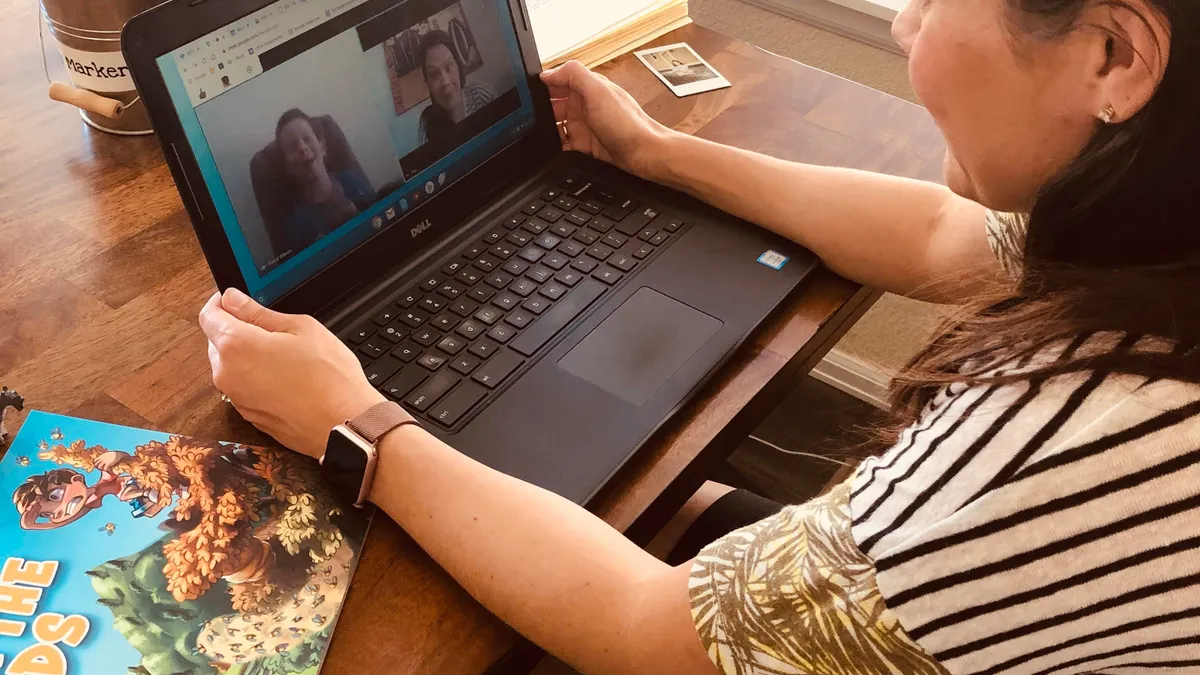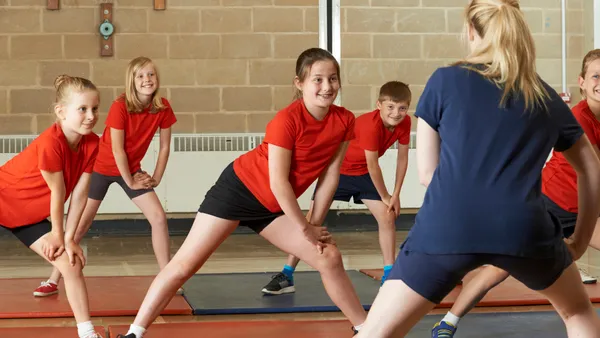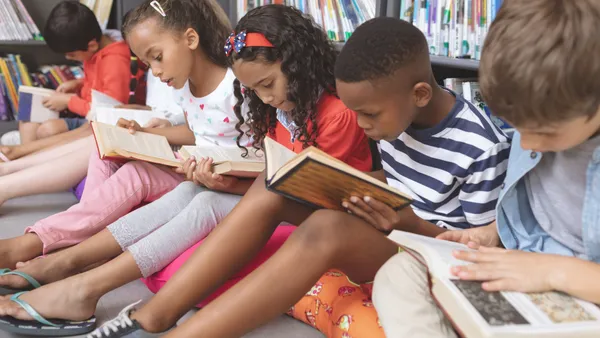Dive Brief:
- Educators for Excellence’s recently released Voices from the (Virtual) Classroom survey indicates distance learning creates many obstacles for both teachers and students, especially in low-income neighborhoods. The majority of teacher respondents report many students lack the equipment and quiet space to successfully learn at home, but that percentage is significantly higher for those from low-income backgrounds.
- Eighty-one percent of teachers say balancing child care at home while teaching seriously impairs their ability to do their jobs, especially those with children under the age of 18. More than a third of teachers report they have not received professional development since the beginning of the pandemic.
- Homeless students’ needs are also not being met during the school closures, according to 61% of teachers. Teachers also say their schools aren't meeting the needs of students with learning and physical disabilities, English learners, students from low-income households and students of color.
Dive Insight:
According to the survey, teachers are concerned about academic decline and social-emotional issues when schools do reopen. They also fear there will be unrealistic expectations of students getting back on track quickly, despite the extended school closure.
Teachers support creative back-to-school solutions such as grouping students by competency level (57%), having teachers “loop” with classes an additional year (54%), prioritizing in-school remediation during the school day (60%) and tutoring/afterschool programs that help catch students up (56%).
Throughout the school closures, many students have suffered higher levels of stress due to problems like difficult home situations, unemployment and the death of loved ones. As a result, some districts may use available funds to bolster the number of social workers, counselors and psychologists on staff.
With soaring unemployment rates, many families continue to struggle. Linda Darling-Hammond, president of the California State Board of Education, recommends teaching students the life skills of flexibility and adaptability during this crisis.
The pandemic highlights the need for expanded social-emotional learning tools in the classroom, and when schools do reopen, there may be a higher need for emotional support from both students and staff. Some districts found a balance of SEL and academics suited to their needs early on.
The School District of University City in Missouri, for example, layered its learning plan by first making sure families' and students' needs were taken care of. It then reviewed content learned in the last few weeks of school, before gradually adding in new learning once the technical glitches were out of the system.
DeForest Area School District in Wisconsin launched a “virtual learning team” that designed professional development for fellow teachers as well as a virtual learning plan to follow.












